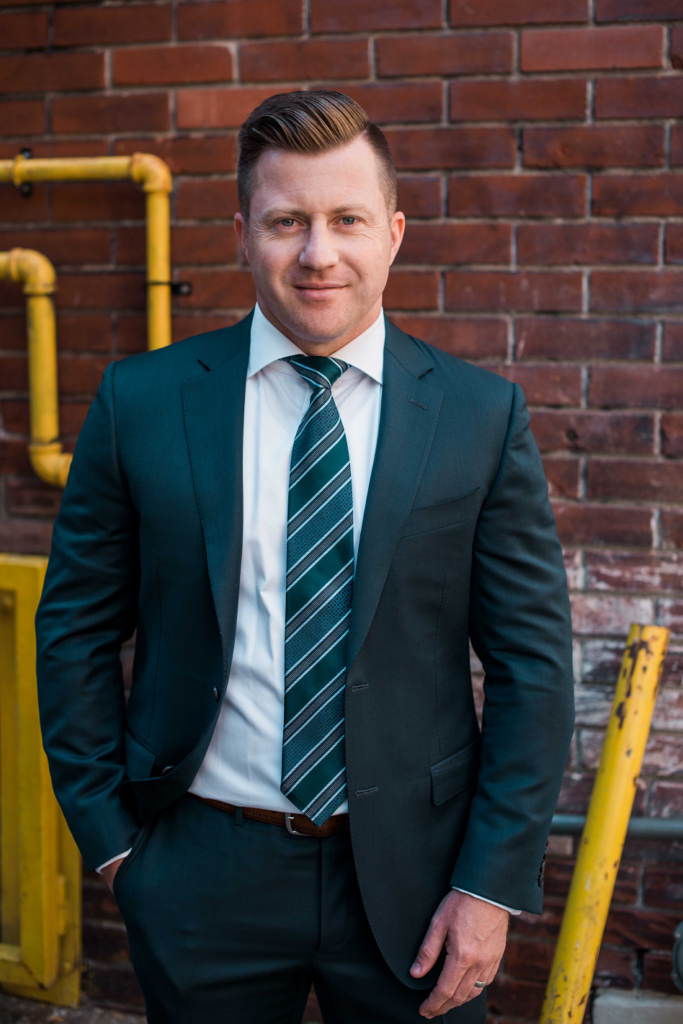I always cringe when I hear well-intentioned investors argue that impact investments (or even ESG/Responsible Investing) outperform the market. While there are a lot of studies showing that ESG has historically outperformed, ESG, and impact investing are not the same. Furthermore, the debate about ESG performance is far from settled. The parameters of any study, and its conclusions, can almost always be debated. And I have certainly heard credible critiques of the existing ESG research.
More importantly, when it comes to investing past is not prologue. Regardless of what has happened historically, we can’t be certain that impact investing will continue to outperform going forward.
Don’t get me wrong, I’m not conceding that impact investors will necessarily have to sacrifice performance. But that’s not the same thing as arguing that impact investing will definitely add alpha over the long term. In fact, as I’ve discussed previously, depending on what type of impact you want to have on the world, some return trade-off may be required.
More importantly, I think it’s imperative that impact investors stop engaging in the debate period, at least on traditional terms.
Traditional investors concern themselves with just one dimension of risk and return: the financial dimension. And risk-adjusted returns measures like Alpha are similarly one-dimensional. Meanwhile impact investing generates non-financial returns and can mitigate non-financial risks.
Calling an impact investment an investment is like calling a Tesla a cupholder
When we engage in the risk/return debate on solely financial terms, we’re comparing someone’s basket of apples (traditional investments) with just the apples from our entire fruit basket (impact investments). It just doesn’t make any sense to agree to ignore the rest of the fruit in our basket.
That other fruit includes both non-financial returns and the mitigation of non-financial risks. Anyone with even a passing familiarity with impact investing recognizes that our investments have the potential to generate environmental and social returns not captured by traditional performance metrics. This can include a wide range of benefits like improving working conditions and compensation for workers, ridding supply chains of child labour, or reducing waste and pollution in our local communities.
However, impact investing can also help mitigate the risks of existential environmental threats (e.g. climate change) to our survival as a species. In other words, if we kill our planet, no one will be around to enjoy any investment returns.
Impact investing can also mitigate the risks of existential social threats to our current world order or even to Capitalism itself. With wealth inequality at astronomical levels (and growing) globally, the odds of massive social unrest continue to rise.
This year alone in the United States we’ve seen unprecedented levels of social unrest. Millions of Americans are underpaid, face discrimination, and disproportionately bear the public health risks associated with COVID19.
With life getting harder and more dangerous for the vast majority of the world’s population, it isn’t hard to imagine that the masses may one day decide they’ve had enough and force a more equitable distribution of wealth. The conditions we face today are the kind revolutions are made of.
We have a word for people who pursue their own self-interest without any regard for the impact on others: sociopath.
Whatever your views of Capitalism, we should all be able to agree that if enough people become sufficiently unhappy with it, the system itself could fall. And it shouldn’t be hard to see how, ultimately, these social and environmental threats would have financial consequences.
I mean, the benefits of impact investing are so much greater than traditional investing that at this point – to paraphrase comedian Gary Gulman – calling an impact investment an investment is like calling a Tesla a cupholder.
Let’s stop debating the merits of impact investing on purely financial terms. Of course, traditional investors want to frame the debate that way. It’s the only chance they have to win the debate. As impact investors, it is our duty not to take the bait and insist on reframing the debate to include these additional dimensions.
Of course, that leads to a host of other issues to wrangle with such as what constitutes an impact investment and how to quantify the impact. But the debate about whether to invest responsibly should be settled. The moral imperative alone should be enough to win this argument.
Yet to this day, there are those who reject the moral imperative and defend their sole pursuit of financial profit. More amazing still is that there are those who aren’t ashamed to admit it. It strikes me as particularly callous to ignore all the problems of the world just to squeeze a few extra basis points out of the market.
To quote a friend, we have a word for people who pursue their own self-interest without any regard for the impact on others. They are called sociopaths.
Other articles you may like:
The truth about doing well by doing good.
Becoming a Feminist: what took me so long
I filed for Bankrupcty at 25, now I help other people manage their money
About the Author

David O’Leary is Founder & Principal of Kind Wealth and host of The Impact Investing Podcast. He is the former Managing Director of Origin Capital; a provider of high-impact investments that provide an opportunity for the world’s most vulnerable people in the hardest to reach places. Read Dave’s bio or connect with him on LinkedIn.











 =======
=======